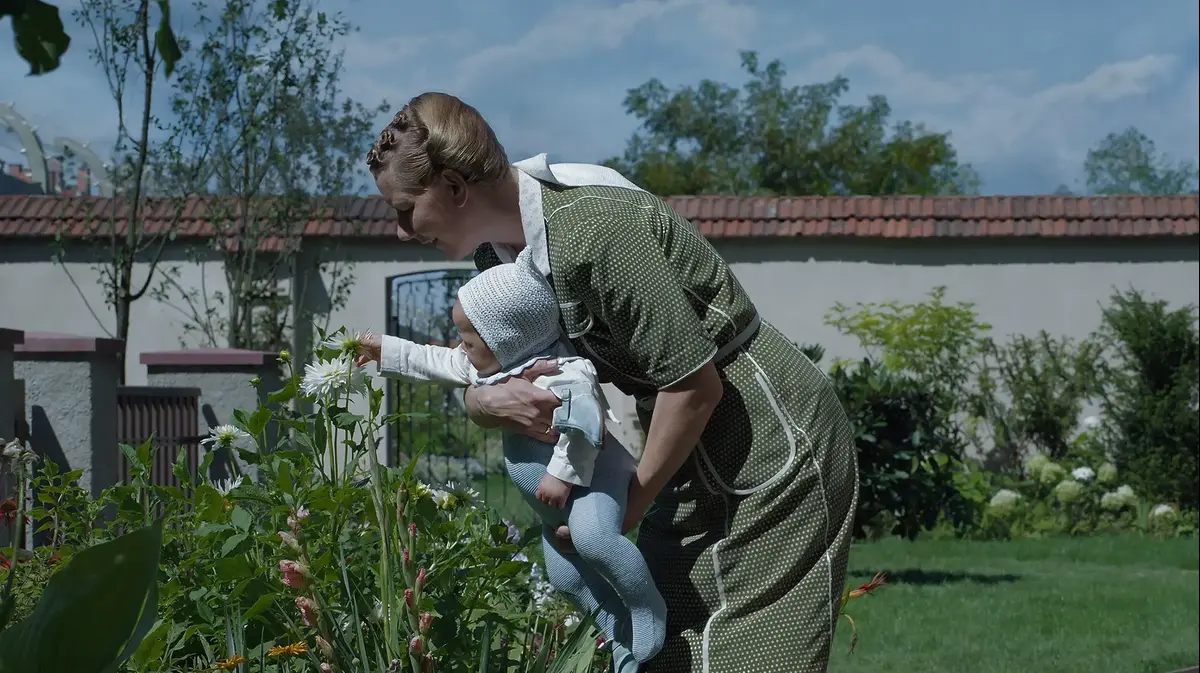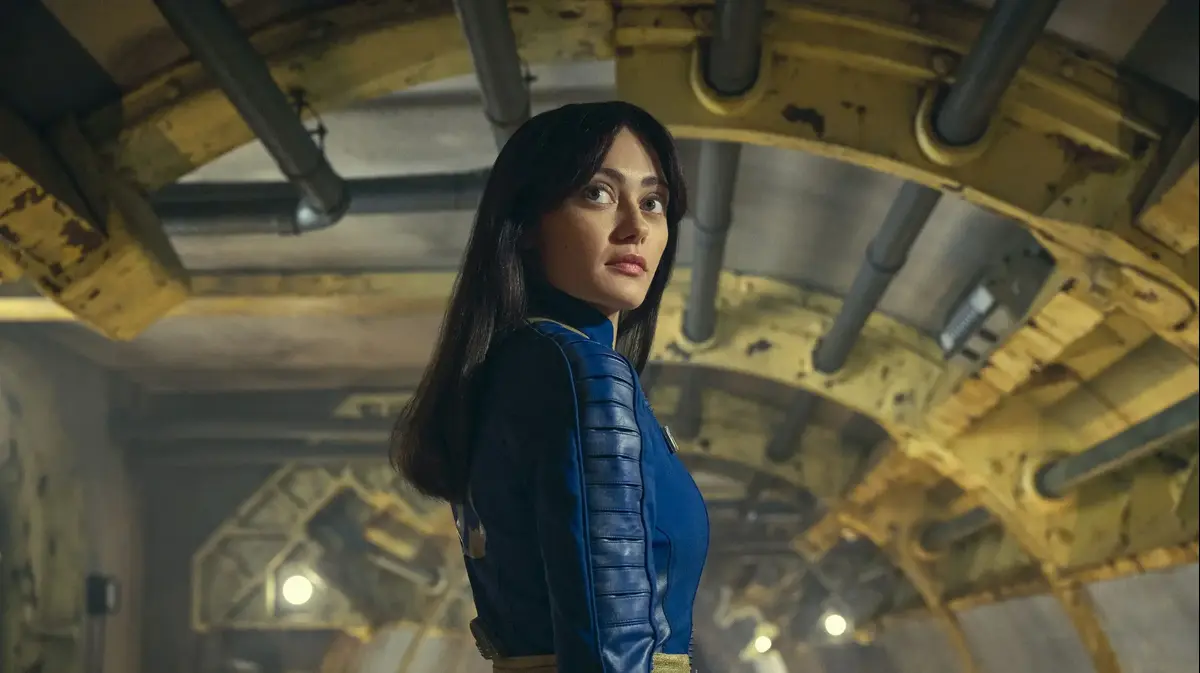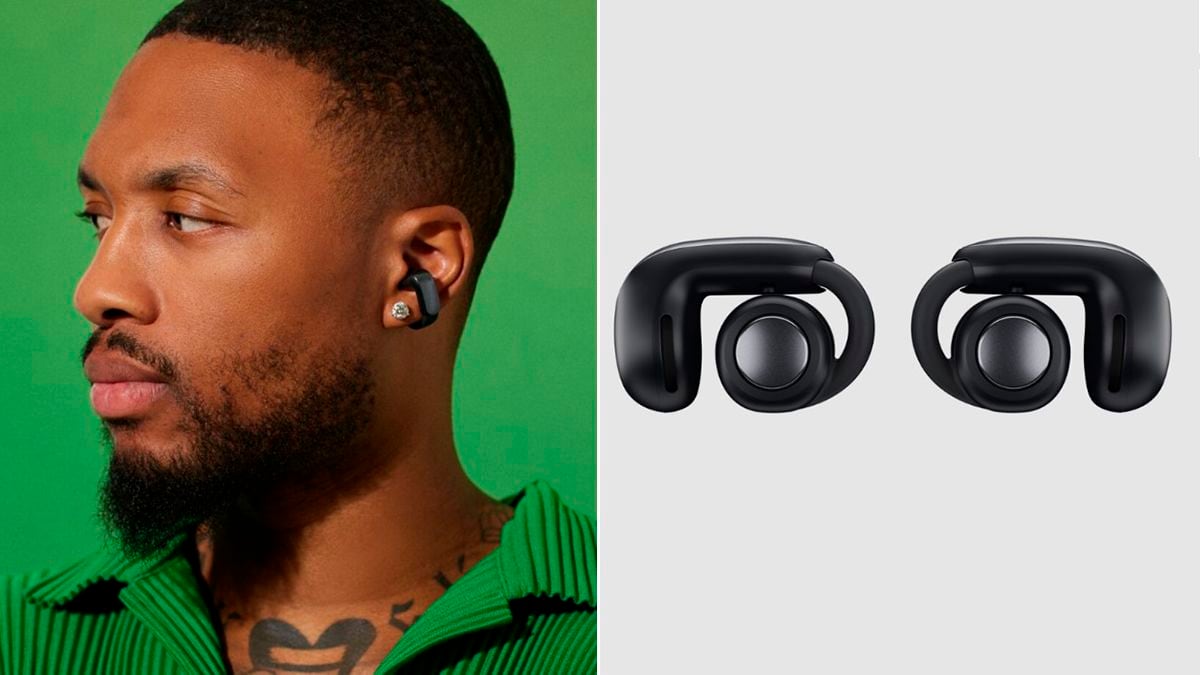Trailer for the movie "Days of Tom" (Tulip Media)
American Jewry is currently experiencing a complex period.
On the one hand, non-stop reports of a drastic increase in anti-Semitic incidents and opinions.
On the other hand - this community and its stories have never had such a large presence in Hollywood series and movies.
And so, in recent months we have seen two star-studded autobiographical films by Jewish-American directors.
The one that attracted most of the attention was of course "The Devilmen", in which Steven Spielberg presented the story of his Jewish family, but in my opinion the better film is actually the one that went a little under the radar - "Armageddon Time" by James Gray.
Although it stars names of the magnitude of Anthony Hopkins, Jeremy Strong and Anne Hathaway, it almost did not receive nominations during the awards season, and it only comes to us this weekend, a few months after it appeared in the United States and crashed at the box office.
Gray broke out in the nineties with "Little Odessa" and since then directed a number of other films that gained resonance, for example "The Night is Ours" and "Two Loves", in both of which, by the way, Joaquin Phoenix starred alongside Muni Moshunov.
"Days of Tom" is his personal film so far.
Based on his own experiences, he presents the story of a boy growing up in Queens in the 1980s, in a liberal Jewish family that is convinced that Reagan's rise to power will lead to nuclear war, and in the end its path also crosses that of the Trump family.
Through this story, "Days of Tom" touches on every issue relevant to American Jewry and every stereotype related to it: anti-Semitism, intergenerational trauma, immigration, assimilation, social leadership, the Jewish grandmother, the Jewish mother, the Jewish-American princess and also the progressive values that this community tends to identify with them, at least in theory.
And there are also lots of bagels and Chinese food, of course.
The most Jewish there is.
From "Days of Tom" (Photo: Cannes Film Festival)
"I didn't go on an archaeological dig in American Jewry, I just tried to remember as many details as possible from our lives and conjure up my past," says Gray in a special interview with Walla!
Culture on the occasion of the film's release in Israel.
"I also wanted to break stereotypes, for example about the grandfather who eats pickles and talks like that...".
At this point he replaces his modern New York accent with a heavy Eastern European accent in an exaggerated manner on purpose and proves that in addition to his skills as a director, he also has potential as an impersonator.
At one point in the film, the grandfather explains to your character that the Gentiles "hated us then, and they still hate us now".
What do you think of this sentence in light of the reports regarding the surge in anti-Semitism?
"There has always been anti-Semitism in America. In the 1930s you had Father Coughlin. He would preach his anti-Semitic views on the radio and he had tens of millions of listeners. The difference is that at the time these phenomena were swept under the rug. People like him were treated as marginal figures. Today we already understand how much" There are marginal characters like that."
"On the other hand, you see in the United States Jews who have reached high positions, and they don't want to talk about anti-Semitism. They want to integrate. The Jews in the United States are in a strange place. On the one hand, they want to be like the whites, and on the other hand, the whites constantly remind them that they are not like them . There is a scene in the film where my character, the Jewish boy with the Jewish surname, meets Fred Trump, Donald Trump's father, and he asks about his surname to remind him that he is 'other.' This is an important scene because it emphasizes that my family enjoyed certain privileges, But she also experienced racism and had to navigate through it all."
More in Walla!
Postpartum Depression, Rape and Courage: The Brooke Shields Docu is Shocking, Fascinating and Inspiring
To the full article
"There has always been anti-Semitism in America."
James Gray (Photo: GettyImages, Borja Hozas)
During the film, Gray's character bonds with a black boy, and thus discovers that, despite everything, Jews in the United States have far more privileges than other minorities.
He also discovers that while his apparently liberal family enjoys waving progressive flags, it does not hesitate to throw people whose skin color is different, or whose social status is inferior to hers, under the bus.
"I can only say such a thing," Gray declares.
"There was and is anti-Semitism in the United States, but that doesn't mean that my family didn't put its knee on the neck of the black child, in the metaphorical sense of the word."
Gray did not know that in Israel the film is being released under the name "Days of Tom", and he has doubts about that.
"It is sinful to reality," he says.
"Children are not innocent. They steal and lie all the time. My children too. You ask them who ate the cookie and they say, 'Not me, why? Someone else.' Children can be cruel and they need to be educated not to be cruel. They need to be taught sympathy. The concept of 'loss of innocence' is a fiction in my opinion, but that's just my opinion, and I'm just a film director, who am I anyway?"
What did your kids say about the movie?
"He undermined them. They knew my father, their grandfather, as someone who hugs them and buys them toys, and suddenly they see in a movie that he hit me. It was an uncomfortable experience for them."
Darlings of the Riviera.
James Gray with Anne Hathaway at the Cannes Film Festival last May at the premiere of "Days of Tom" (Photo: GettyImages, Joe Maher)
"Days of Tom" is in my opinion Grey's best film.
It is an intimate and personal drama, which has sting and irony, and is full of energy, content and emotion.
The director worked here with his regular partner, the photographer Darius Kondji, and together with him he created beautiful scenes inside and out.
"The idea was to use photography to make this movie a ghost story," says Gray.
"All the people in the film are dim memories - they no longer exist. They were here for a short time, were and gone. To emphasize this idea, we played with the light. The star of the scene is never under the light. Sometimes he is closer and sometimes less, but The light is never on him. He is always a bit in the shadows, in the dark. Some people told me that the lighting in the film is bad, but for me there was a clear intention here."
Like many of your previous films, this one also premiered in the official competition of the Cannes Film Festival, and the French media always cheered you on more than the American critics.
"I've gotten good at not reading things. It's a defense mechanism. I don't read the good things either, because if I believe them I'll have to believe the bad things as well. Obviously, if you have to choose a team that will like you, then you should choose the French. Their support percentage is much higher. The Americans Not applauding - certainly not for American directors. American education doesn't really preach a classical view of the arts. Maybe I say this because I'm just old, but the truth is I'm not that old.
"Look, cinema is a popular art, and it's not taken very seriously - sure Not in the United States.
Cinema for us is an industry.
It was designed to sell popcorn.
And as for the media, social networks, the academy and everything else: today we deal with cinema from the angle of cultural research, we talk about representation and politics and all that, we don't analyze the lighting, and that's absolutely fine.
Anyway, I'm making a movie and trying to release.
I can't control all these things.
It's like putting the toothpaste back in the box."
"If I believe the good things that are written about me, I will also have to believe the bad things" (Photo: GettyImages, Pascal Le Sgarten)
In a previous interview, Gray told me that when his Eastern European grandparents arrived in America, they received a banana and didn't know what to do with it, because until then their menu was mainly based on potatoes and they had never seen such an exotic fruit.
In Tom's Days, his grandparents have a problem with pasta, and I ask if this is also based on the family memories.
"Yes, absolutely," he says.
"When they were served noodles when they arrived in America, they thought it was worms, and they continued to think that way. They never had pasta at home. No matter how much we tried to explain to them that it wasn't worms - it didn't help. They couldn't even look at it."
What would your grandfather say about the film if he were alive?
"He would say 'good job' and move on."
Gray's previous film, Ed Astra, was produced by the Israeli Arnon Milchan.
On this occasion, the director told me - "He constantly encouraged and pushed me. He does not give up and continues to fight for cinema.
As you know, Milchan is not only a film producer but also previously had certain contacts with the Prime Minister of Israel, and I ask Gray if he called him to beg him to ask Bibi to calm down a bit.
"I love Arnon, but it's above my level to call him," he says.
"Look, I read about what's happening, but I try to separate myself from the news. It makes me sad, but what can I do about it? I have to keep my distance for my mental health."
"I can't stand the stereotype of the Jewish mother. It was important to me to break it."
From "Days of Tom" (Photo: Tulip Media)
On a completely different matter - we are used to seeing a certain type of Jewish mothers on the screen - the type of George's mother in "Seinfeld".
The Jewish mother in this film breaks all stereotypes.
"I can't stand the trite stereotype of the Jewish mother, and it's not what I know from my personal experience. Our job is also to break stereotypes. I'm sorry, Man, but I have to take the car to the garage!"
Good thing you're interrupting the conversation now.
I would immediately start with unoriginal questions - for example, why did you cast non-Jews for Jewish roles.
Anthony Hopkins, Jeremy Strong, Anne Hathaway - almost everyone here is not Jewish.
"It's good to cast non-Jews for Jewish characters. Actors don't play themselves. I made a feature film, not an anthropological doco. It's called 'acting' and 'acting' is the distance between the truth and the actor. That's all the beauty. There are certain limits of course. Austin Butler He played Elvis this year and you wouldn't cast him to play Mao Zedong, but within these limits there should be a distance between the actor and the character."
culture
Theater
Cinema news
Tags
James Gray
Anthony Hopkins
Arnon Milchan
Anne Hathaway

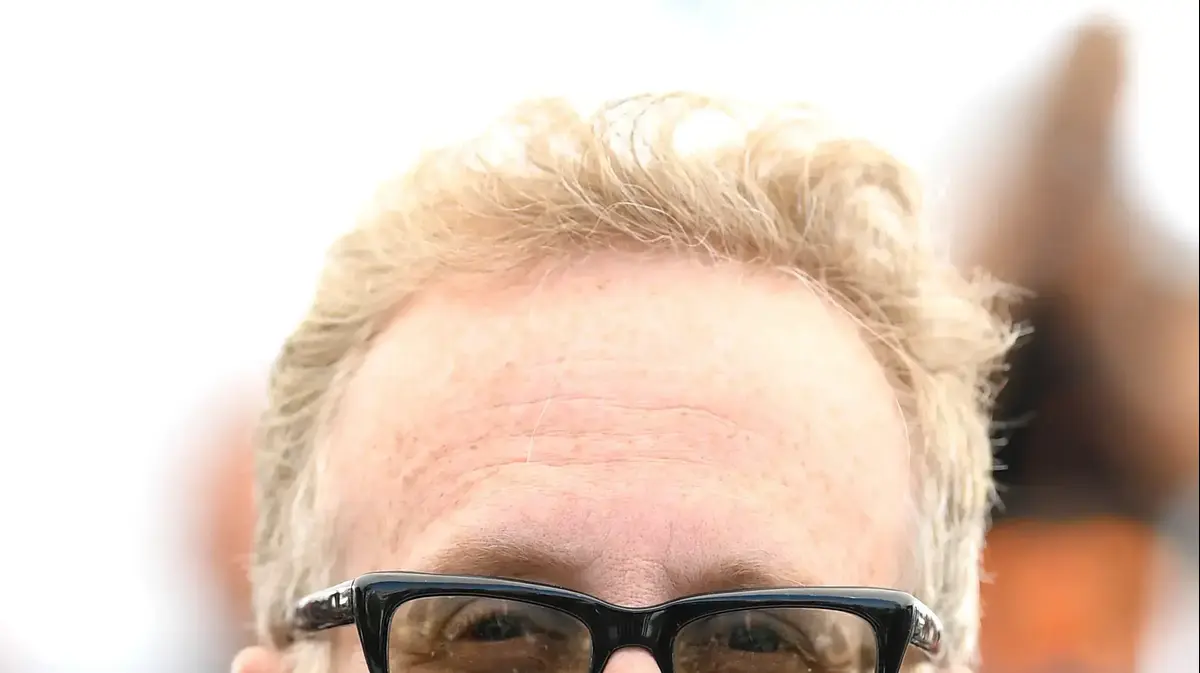

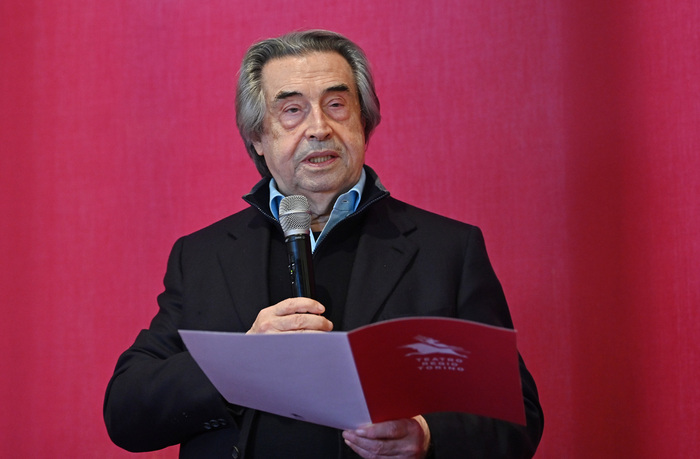
/cloudfront-eu-central-1.images.arcpublishing.com/prisa/NNCDE7A2WZFPHLPCDES4NNQ6VM.JPG)
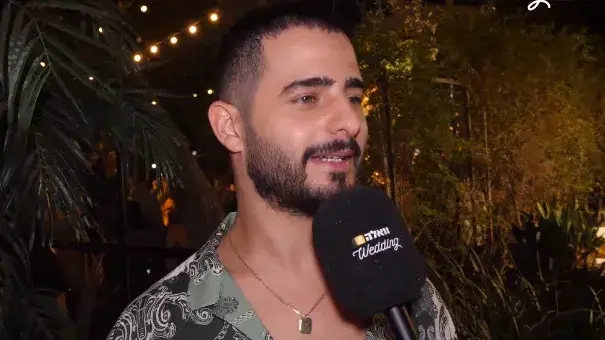
/cloudfront-eu-central-1.images.arcpublishing.com/prisa/OFIE3IOCHJH4RI645WWWIXYPFM.jpg)

